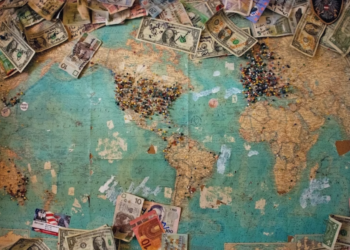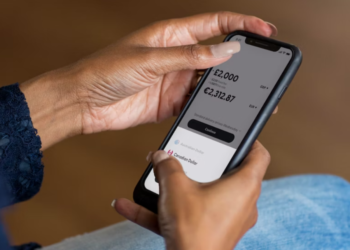Mensah is an online entrepreneur who wants to increase his business’ yearly revenue. For this to happen, he needs to run ads and put his product in the faces of as many potential customers as possible. However, he is unable to pay for these ads because his geographical location has made it impossible for him to access the means to do so, even though he could afford to pay.
Lara is a Social Media Strategist who wants to upgrade her skills in order to get more leverage and remain relevant in her industry by taking some curated online courses. She is automatically denied access to recognized platforms because of limited payment options.
These and many other unfortunate stories, are the lived realities of many young Africans. But the real question is “what other option do young Africans have?”
It is still such an upheaval for Africans to transact online or pay for the services they need. If you don’t have a foreign account – which is pretty difficult to get – you cannot use Zelle and Amazon Pay in Africa and thereby not enjoy the freedom to transact beyond borders.
It is indeed interesting to note that Paypal is still not fully available to residents of Nigeria which is Africa’s largest economy and also the most populous nation in Africa.
Why the restrictions?
Here are 3 reasons why residents of some African countries cannot use some foreign payment platforms while others have just limited use:
1. Banking system: the banking systems in some African countries are not entirely electronic. However, many countries are fast developing in this area as the years go by. Needless to say, there are still some restrictions placed by the banks on cross-border transactions.
2. Government’s policy about foreign currency: It’s no longer news that foreign exchange currencies like the Euro, British Pounds sterling and the US Dollar are scarce in the African market. Fear of the economic concept “Capital Flight” has made many African governments maintain strict control on the cross border transactions from their respective countries. For example, the Central Bank of Nigeria’s bulletin of 2009 shows that from 2008 to 2009, Nigeria lost a colossal sum in excess of $37 billion through capital flight.
3. High level of potential fraud: The incidence of fraud reported from some African countries are relatively high and many online merchants and fraud-screening databases have marked these countries red. Legitimate businesses are thus negatively affected. Lastly, very few online merchants would trust payments coming from these countries. According to Global B2B Payments Playbook, a joint publication compiled by PYMNTS.com and Worldpay B2B Payments, 60% of US and UK businesses face cross border payments fraud.
What’s the way forward?
The leading African based Fintech, Changera has the right solution for the existing problem! Changera is a cross-border payment platform that was specially designed for Africans to access services they were previously banned from. You can now:
- Pay international bills: Changera allows you to recharge your airtime on the go, purchase internet data instantly for yourself and gift your family, friends and loved ones airtime or data internationally.
- Get your Physical and virtual cards: Changera physical and virtual card enables you to access international platforms and pay for their services. Now you can run your ads and pay for your courses without limitations. You need to have an account on Changera before you can request for any of the cards. With Changera, funding your card is very easy, fund your Changera wallet through a bank transfer, after which funds in your wallet can be used to fund your card. Once your card is funded, you can begin accessing international services on any platform where MasterCard is accepted.
You can get started by downloading our app on Android or iOS stores








Discussion about this post